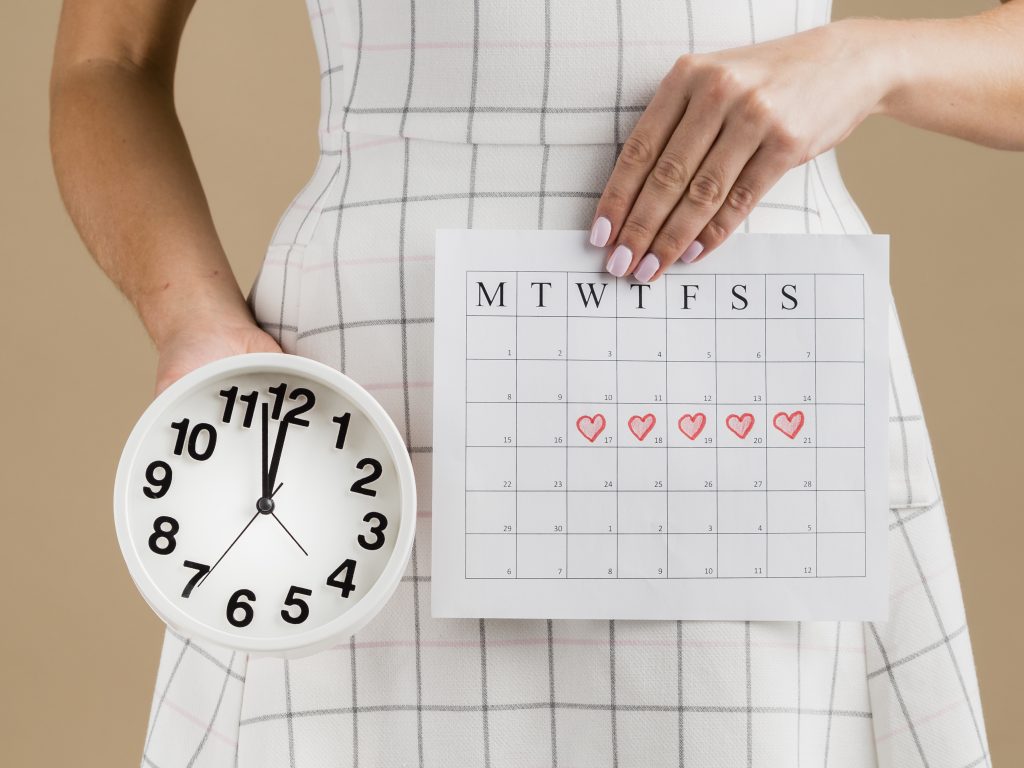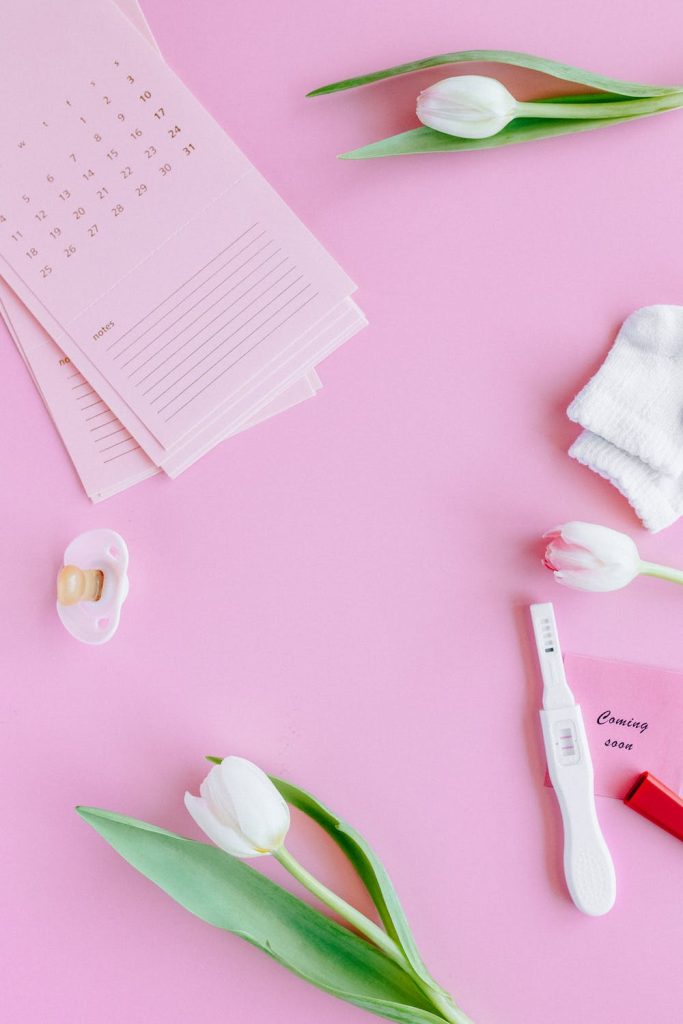Have you ever wondered when your body’s ready to conceive? You’re not alone. Understanding ovulation can seem like cracking a secret code. It’s about knowing when ovulation occurs and how it affects you.
Don’t worry, we’ve got you covered. In this article, you’ll discover when ovulation occurs, how long it lasts, and how you can predict it.
Stay tuned, you’re about to unlock the mystery of your body’s natural cycle.
What Is Ovulation?
In your menstrual cycle, ovulation is when your ovary releases a mature egg. It’s essentially the pivotal phase when you’re most fertile. This egg travels down your fallopian tube and waits for a single sperm to fertilize it.
Now, let’s break it down. Your menstrual cycle starts with menstruation, but around the middle of the cycle, that’s when ovulation takes place. It’s all guided by hormones. The rise in estrogen triggers a surge in another hormone called luteinizing hormone, or LH. This LH surge prompts the most mature egg in one of your ovaries to burst out – that’s ovulation!
If the egg isn’t fertilized within 24 hours, it disintegrates. Thus, understanding ovulation is key to planning or preventing pregnancy.
When Do Females Begin to Ovulate?
Building on this understanding of ovulation, let’s discuss when a female starts to ovulate. This process typically begins during puberty, usually between ages 9 and 15. However, the onset of ovulation can vary greatly for each individual.
- Menarche: This is your first menstrual cycle, which doesn’t always mean ovulation has started. It can take a year or more after your first period for your body to begin the process of ovulation.
- Regular Cycles: Once your menstrual cycles become regular, it’s a sign that ovulation has begun. This can happen anytime within the first few years after menarche.
- Ovulation Symptoms: You might notice mid-cycle pain, increased cervical mucus, or changes in basal body temperature. These signs indicate that you’re ovulating.
When Does Ovulation Occur?
Understanding when ovulation occurs in your menstrual cycle is crucial to predict fertility accurately. Typically, ovulation happens about 14 days before your period starts. If your cycle is 28 days long, you’ll likely ovulate on day 14. But every woman is unique, and the timing can vary.
You’re most fertile in the three days leading up to and including the day of ovulation. Some signs of ovulation include a slight drop in body temperature just before ovulation, followed by a sharp increase afterward, changes in cervical mucus, and mild pelvic pain. Knowing your ovulation signs can help you plan for pregnancy or avoid it.
How long does ovulation last?
Now, let’s delve into the duration of ovulation, an important aspect that can influence fertility planning. Ovulation, the release of an egg from an ovary, is a brief event typically lasting 12 to 24 hours.
To give you a clearer understanding, here are three key points:
- Once released, the egg must be fertilized within a 12 to 24-hour period for pregnancy.
- If not fertilized, the egg disintegrates and is absorbed into the uterine lining.
- Even though the egg’s life span is short, you’re fertile for a longer period. Sperm can survive in the uterus and fallopian tubes for up to five days, which extends your fertile window.
Understanding this can significantly improve your chances of conception.
How can I predict ovulation?
Given this short timeframe for ovulation, you might wonder how to predict it accurately. There are a few ways to do this.
Firstly, you can track your menstrual cycle. Ovulation usually happens about 14 days before your next period.
You might also notice physical symptoms such as breast tenderness, bloating, or an increased sex drive.
Some women use ovulation predictor kits, which test your urine for a hormone surge just before ovulation.
Another method is tracking your basal body temperature, which slightly rises after ovulation.
Finally, you can monitor your cervical mucus, which becomes clear and stretchy like egg whites when most fertile.
How Can You Keep Track of Ovulation?
To keep track of your ovulation, you’ll need to use one or more methods, such as monitoring your menstrual cycle, observing physical symptoms, or using ovulation predictor kits. These strategies can provide a better understanding of when you’re most fertile.
Here are three ways to keep track:
- Menstrual Cycle Monitoring: You’ll typically ovulate halfway through your menstrual cycle. If your cycle is regular, you can predict ovulation by counting days.
- Physical Symptoms Observance: Certain physical changes like cervical mucus changes, breast tenderness, or mild pelvic pain can indicate ovulation.
- Ovulation Predictor Kits (OPKs): These over-the-counter kits measure hormonal changes in your urine to predict ovulation.
Conclusion
Understanding your ovulation cycle is like reading your body’s unique natural calendar. You start ovulating during puberty, typically between days 11 and 21 of your menstrual cycle, lasting about 24 to 48 hours.
Predicting ovulation can be tricky, but methods like tracking basal body temperature or using ovulation predictor kits can help. By keeping track, you can navigate the waves of your cycle with confidence and clarity.
Reference:
https://www.parents.com/getting-pregnant/ovulation/ovulation-cycles-and-why-they-can-be-confusing/

